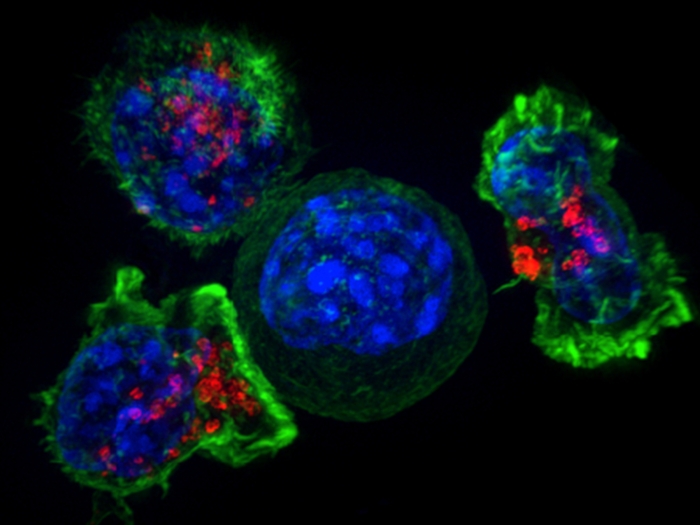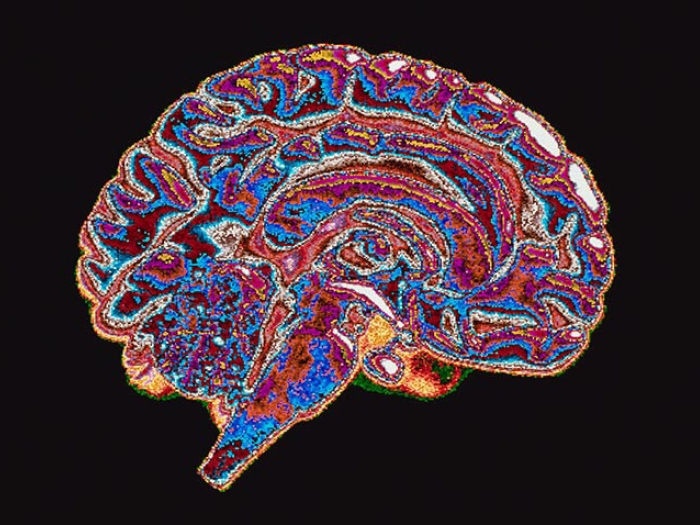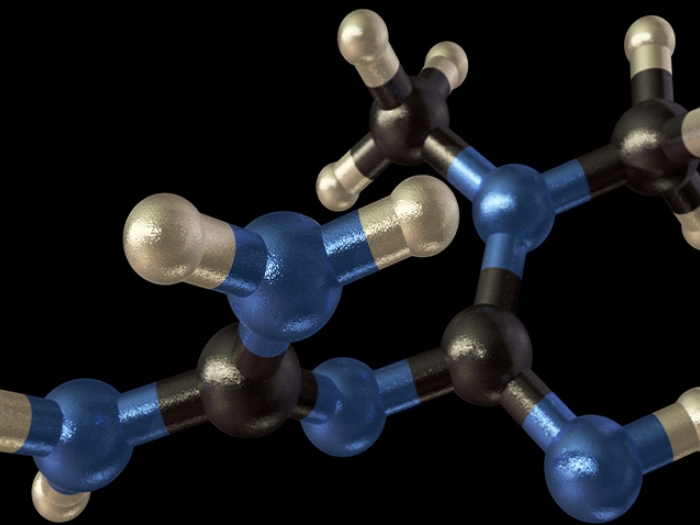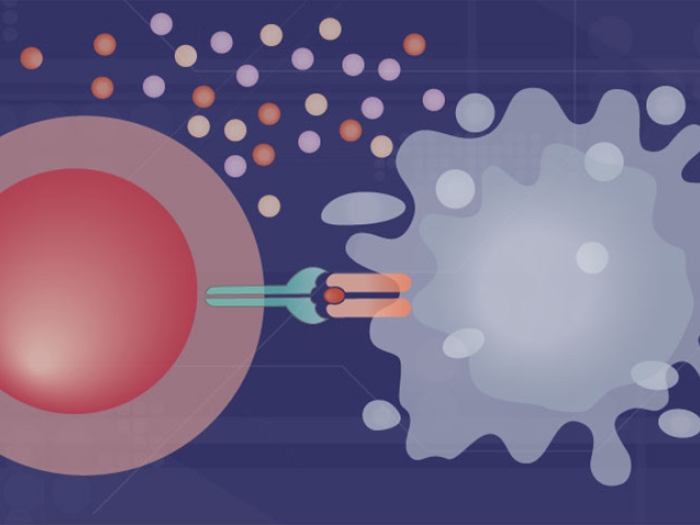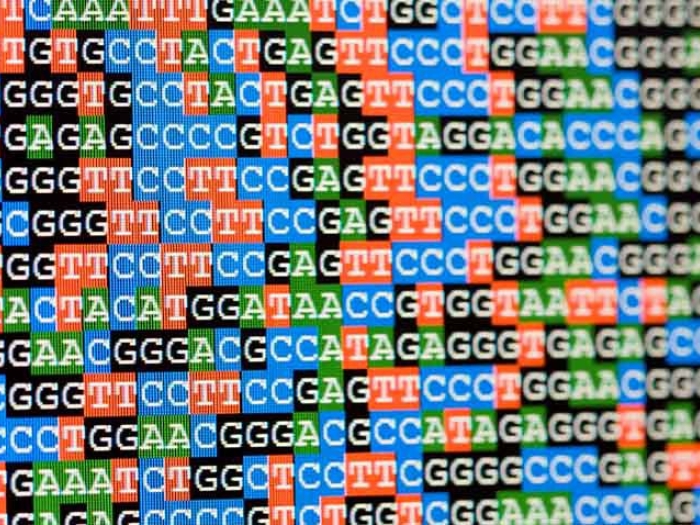The findings in human cells and animal models suggest potential approaches to improve immunotherapy treatment against cancer.
9:51 AM
Author |
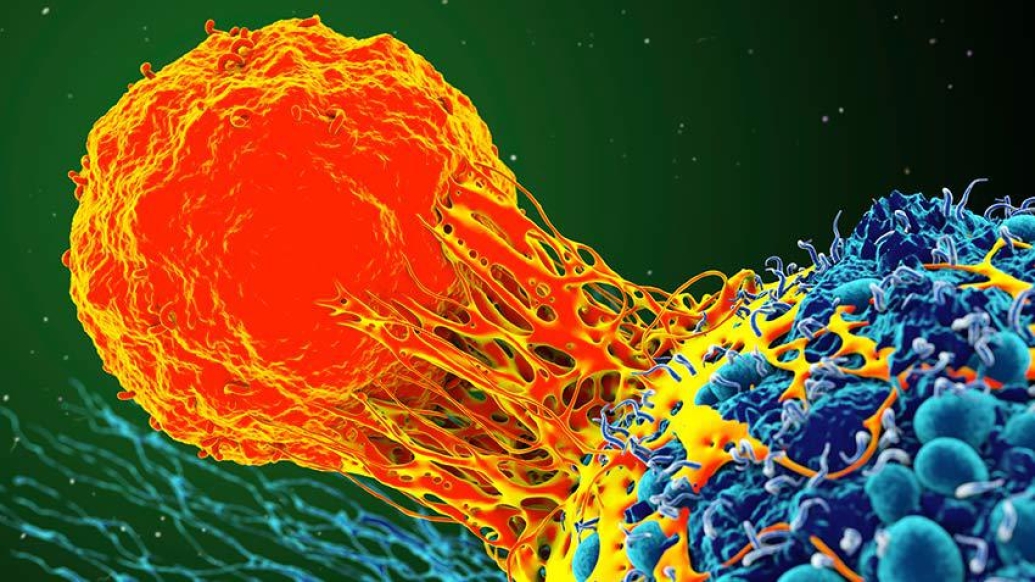
A long noncoding RNA whose function was previously unknown turns out to play an important role in promoting the body's immune response against cancer and holds promise for enhancing the efficacy of anti-cancer immunotherapy.
That's according to new findings reported in Nature Cell Biology by researchers at the University of Michigan Rogel Cancer Center.
The group dubbed the RNA they identified LIMIT — for long noncoding RNA inducing major histocompatibility complex class I and immunogenicity of tumor.
"LIMIT is easy to remember, but really it does the opposite. It stimulates immune functions against cancer," says senior study author Weiping Zou, M.D., Ph.D., the Charles B. de Nancrede Professor of Pathology, Immunology, Biology, and Surgery at U-M.
Only a small part of the human genome contains genes that encode proteins. The rest includes more than 30,000 long "noncoding" RNAs, or lncRNAs, most of whose functions remain unknown.
LncRNAs are known to play some important roles in cancer, but very little is known about their roles in the context of the immune system's response to cancer, Zou says.
"LncRNAs have mainly been studied in cancer models that lack a functioning immune system, leaving a big gap in our knowledge," adds study first author Gaopeng Li, Ph.D., a research fellow in Zou's lab. "When it works, immunotherapy can be amazingly successful, but doesn't work in more than half of patients. We wanted to better understand what role lncRNAs play and whether there might be opportunities to target them to improve immunotherapy."
If you get rid of this lncRNA, the mice are much less able to fight off the cancer.Weiping Zou, M.D., Ph.D.
Immunotherapy tends to be most effective in patients with whose tumors are more susceptible to infiltration by the immune system's T cells. By comparing cancers with low levels of T cell infiltration to those with high infiltration, the researchers discovered LIMIT through its association with positive markers of immune response.
MORE FROM THE LAB: Subscribe to our weekly newsletter
After confirming that LIMIT was indeed a long noncoding RNA, the researchers conducted experiments in human tumor cells and mouse cells to better understand its function, explains Zou. And it turns out that LIMIT is regulated by interferon gamma, a cytokine that plays a central role in the body's ability to mount an immune response against an invading threat.
Subsequent experiments in mice showed that LIMIT is a vital component of T cell infiltration into tumors.
"If you get rid of this lncRNA, the mice are much less able to fight off the cancer," Zou says. "The T cells don't go to the tumor and they don't function normally."
Ultimately, the research determined that LIMIT activates a family of genes known as GPBs (for guanylate binding proteins), leading to the activation of other important immune players: heat shock factor-1 (HSF1) and major histocompatibility complex class I (MHC-I).
Using CRISPR techniques to activate LIMIT boosted checkpoint therapy against the tumors in mouse models, while silencing LIMIT made the immunotherapy less effective.
"Very often, there is a loss of MHC-I and interferon gamma signaling in human tumors, which helps the cancer evade the immune system," Zou says. "Our research suggests several new potential therapeutic approaches to overcome this. These include using CRISPR to activate LIMIT and improve MHC-I expression to boost the body's immune response, and also targeting some of the downstream players in this signaling axis, like GBPs."
Additional authors include Ilona Kryczek, Jutaek Nam, Xiong Li, Shasha Li, Jing Li, Shuang Wei, Sara Grove, Linda Vatan, Jiajia Zhou, Wan Du, Heng Lin, Ton Wang, Chitra Subramanian, James J. Moon, Marcin Cieslik, Mark Cohen, all of U-M.
This work was supported by grants from the National Cancer Institute (CA217648, CA123088, CA099985, CA193136, CA152470, CA216919, CA213566, CA120458) and the National Institutes of Health through a grant to the U-M Rogel Cancer Center (CA46592).
Paper cited: "LIMIT is an immunogenic lncRNA in cancer immunity and immunotherapy," Nature Cell Biology. DOI: 10.1038/s41556-021-00672-3
Like Podcasts? Add the Michigan Medicine News Break on iTunes, Google Podcast or anywhere you listen to podcasts.

Explore a variety of healthcare news & stories by visiting the Health Lab home page for more articles.

Department of Communication at Michigan Medicine
Want top health & research news weekly? Sign up for Health Lab’s newsletters today!
